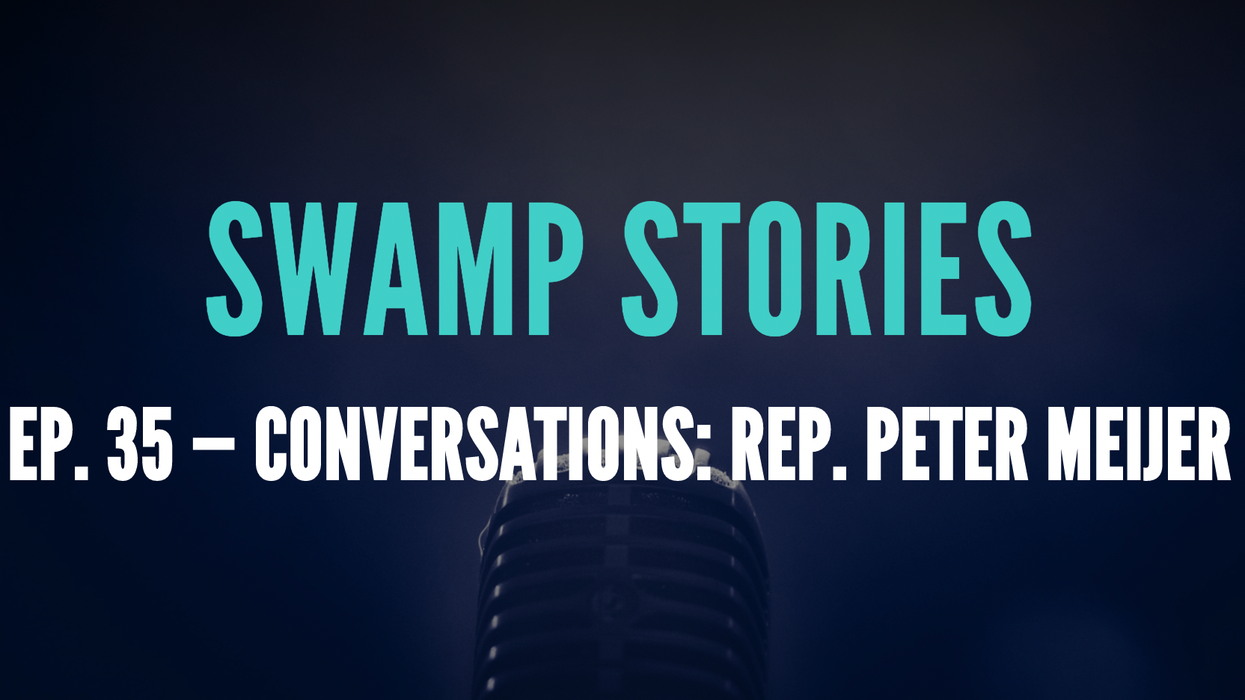In this episode of Issue One’s “Swamp Stories” podcast, Rep. Peter Meijer (R-MI) chats about a range of issues, including legislating instead of “throwing bombs”; fighting pessimism in Congress; election disinformation; using government to solve problems; and the future of conservatism. This is the fifth episode in the periodic series of longform conversations with elected leaders, activists, and experts from across the political spectrum on how to fix America’s broken political system.
Listen now




















Trump & Hegseth gave Mark Kelly a huge 2028 gift